Midlife Midwife
About Midlife Midwife
Having spent decades focusing on productivity and perhaps raising children, many women find themselves with bursts of creativity and hunger for change, enhanced self care, and craving good communication. During and after peri-menopause, which can span as many as ten years, we often feel a growing need to "speak our minds." We speak frankly and take up new endeavors. We return to school, close dysfunctional relationships, join groups and seek intimacy with peers. Women in isolation are prone to chronic illness and depression. Physiologic changes triggered by decreasing hormone levels are often the focus of clinicians; while psychosocial needs go unmet. Health care providers should listen to women, across the entire lifespan.
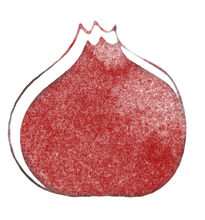
Health Screening
Health, infection and cancer screening for women has changed drastically during the last several years. Routine pelvic exams are not necessary in healthy, asymptomatic women. If you have new partners, consider screening for sexually transmitted infections. Women between 30 and 65 are advised to have pap smears with human papilloma virus (HPV) testing every 3-5 years. Your cervical cancer screening plan should be based on your history and sexual choices. We now know that almost all cervical cancer is caused by HPV, so the days of annual pap smears are over. Menopausal women who experience vaginal bleeding more than one year after the cessation of menstruation may consider endometrial biopsy to rule out uterine cancer. Breast cancer screening options include self-breast exams, clinical breast exams at a healthcare provider’s office, baseline mammograms at 40 and annual mammograms starting at 50. Depending on your history and your family history, you may make a different plan. Thermography offers a non-invasive way of assessing breast tissue, and does not involve radiation.
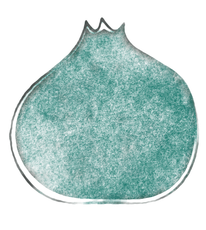
Improving Sex
Recent studies have consistently demonstrated a vibrant sex life has more to do with how healthy you are than how old you are. Cuddling, massage, skin to skin contact, smooching and orgasm stimulate Oxytocin secretion. Oxytocin, the hormone of love, is also a life-extending, miracle hormone. It is anti-inflammatory, promotes intimacy, improves sleep, prevents blood pressure spikes and reduces cravings for sweets, drugs and alcohol. The studies also show enhanced communication and/or couples' counseling can be as invigorating as being with a new partner. Communication heals. Acceptance of our bodies, increased closeness with partners after children have grown, and scheduled time for self-care enhance libido. A healthy sex life, considered in these studies to be intimacy 2-4x monthly, can boost immunity, promote cardiovascular health, alleviate stress and increase longevity. Those without partners can also enjoy a rich and passionate sexual relationship with themselves.
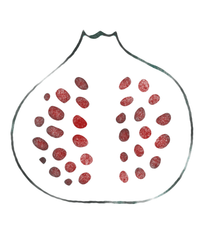
Reducing Stress
Stress reduction is key to health. Practices such as qi gong, tai chi, meditation and yoga reduce stress, enhance endurance and flexibility and improve mood. Regular exercise improves sleep, metabolism, bone density, mood and cardiovascular health. The best exercise plan includes weight-bearing exercise which increases heart rate and perfusion of tissues for 30 minutes daily. Ideally, combine cardiovascular exercise with relaxation, restorative yoga, meditation, or hypnosis. Get a massage or receive acupuncture regularly. These modalities treat pain and a variety of physical ailments but also soothe the adrenal glands and contribute to increased endorphins and seratonin, the hormones related to feelings of euphoria and well-being.
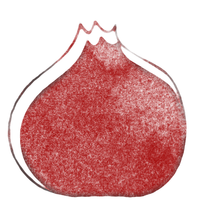
Sexual Satisfaction and Health
For dryness and irritation or decreased lubrication during sex, consider natural remedies such as coconut oil or other moisturizers several times weekly. Topical aloe juice is soothing after sexual activity if irritation occurs. It doesn’t disrupt pH balance like some synthetic products do. Only silicon or water-based lubricants should be used with condoms. Avoid lubricants with scents or “warming” chemicals. Be sure to empty your bladder before and after sexual activity to enhance comfort and reduce the risk of urinary tract infections. For those with moderate to severe sexual pain, bioidentical prescription or enhanced natural products may be given or prescribed.
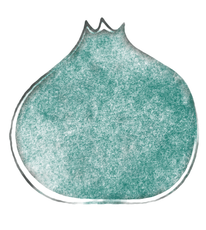
Support for Transitions
Remedies during peri-menopause and beyond may include bioidentical hormones, which are prescribed and made at a compounding pharmacy to meet your specific needs following saliva or blood testing. These hormones may reduce symptoms to make the transition through menopause smoother. Usually in a cream form, they are readily absorbed through the skin. Working with an herbalist is an option for those who prefer to avoid pharmaceuticals.
Women who are informed and proactive about their health and health care should seek providers who support their life choices and openly discuss lifestyle compassionately and without judgment. With a strong support system, each of us can build a bridge to a fulfilling future.
